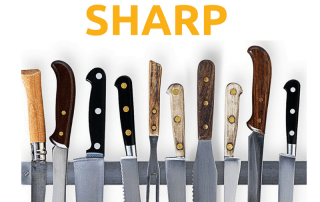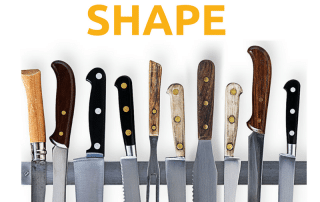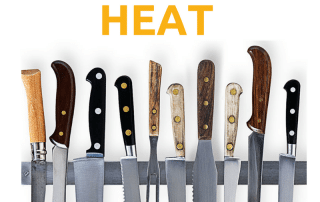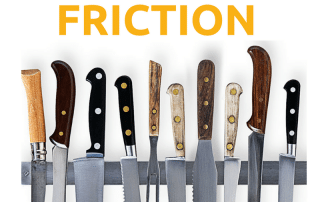Excellence or Advancement | Proverbs 22:29, 27:18
[vc_row height=”small” el_class=”dailyBody” css=”.vc_custom_1465516518912{margin-top: -25px !important;}”][vc_column width=”1/4″][us_separator height=”10px” size=”custom”][us_image image=”31841″ size=”tnail-1×1″][us_separator height=”20px” size=”custom”][us_sharing providers=”email,facebook,twitter,gplus”][/vc_column][vc_column width=”3/4″][vc_column_text]
Do you see a man skillful in his work? He will stand before kings; he will not stand before obscure men.
– Proverbs 22:29
Whoever tends a fig tree will eat its fruit, and he who guards his master will be honored.
– Proverbs 27:18
We’re all experts at quality control. Whether we’re aware of it or not, we evaluate everything we see to determine whether it’s worth our time or our money. Mass media combined with the free market has made us efficient at rating quality. Plus, we’re regularly exposed to outstanding music, art, athletics, dance, communication, design, and products. Excellence is important to us, and deep down inside we all want to be excellent at something. We have observed the truth of Proverbs 22:29. We all want to stand above the crowd in some area of life.
If I’m honest, I have a messy relationship with the idea of excellence. At what point do the things I produce cross the invisible line of excellence? Maybe a more personal question, when am I good enough to be valuable to the worshipers of my craft? Questions like these lurk in me whether I like it or not. But, Proverbs 27:18 hints at some answers. The sweetness of what we produce is in the effort we put into tending to it.
The satisfaction of excellence is not found in achieving a defined measure of quality but found in the effort to grow ourselves. Summiting a pike is more satisfying when you’ve hiked to it then when you drive to it. Michael Zigarelli says, “it’s wiser to think of excellence as a direction, a disposition … toward continuous improvement. In that way, the focus is not on the product of our efforts but on the process of pleasing God by stewarding the talents and resources he’s entrusted to us.” In this way, joy is found in the effort of improvement rather than reaching a destination. And, God is honored as we transform from one degree of glory to the next.
Today, listen to the song I wrote about work and surrendering my results to the Lord. My prayers is for God to multiply my efforts of excellence rather than fighting for perfect advancement. Consider for yourself how it might feel like if you committed to a life of growth and laid all the results of your work surrendered before the Lord.[/vc_column_text][us_separator height=”25px” size=”custom”][vc_column_text]
By Aaron Bjorklund
[/vc_column_text][us_separator height=”25px” size=”custom”][vc_video link=”https://www.youtube.com/watch?v=_3BxxcYQbI0″ video_title=”1″][vc_row_inner][vc_column_inner width=”1/2″]
 [/vc_column_inner][/vc_row_inner][/vc_column][/vc_row]
[/vc_column_inner][/vc_row_inner][/vc_column][/vc_row]











